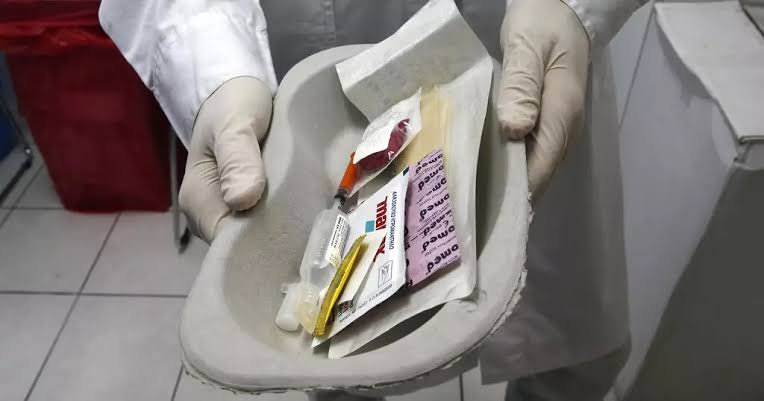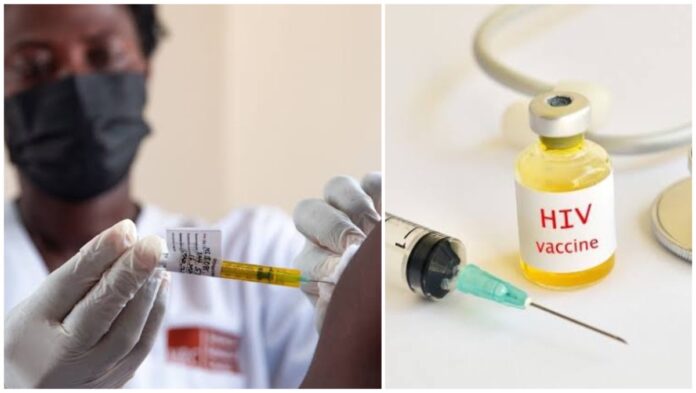The Zimbabwe Drug Control Agency announced on Monday that it has approved the use of long-acting injectable cabotegravir (CAB-LA) as pre-exposure prophylaxis (PrEP) for HIV prevention, a first for Africa.
According to the World Health Organization (WHO), “CAB-LA can be offered to individuals at significant risk of HIV infection as part of comprehensive HIV prevention approaches.”
In June of this year, the WHO advised countries to adopt the initiative after a global increase in new HIV infections.
The research conducted found that CAB-LA injections every two months were safe, well tolerated and highly effective in reducing the risk of HIV infection in sex workers and others.
Dr Meg Doherty, Director of the WHO Global Program on HIV, Hepatitis and Sexually Transmitted Infections, commended Zimbabwe for the historic decision.

Also, read; Madagascar Fires Foreign Minister Over UN Vote Against Russia’s Invasion Of Ukraine
“WHO welcomes the news that Zimbabwe has approved the use of CAB-LA, which will pave the way for its use and provide safer and more effective options for HIV prevention,” she said.
Nyasha Sithole, from the Development Agenda for Girls and Women in Africa (DAWA) network in Zimbabwe, was delighted that “this adds to our basket of HIV prevention tools that work for us as girls and women in Zimbabwe.”
The United Nations Population Fund (UNFPA) is one of the organizations involved in the fight against HIV/AIDS in Zimbabwe.
According to their statistics, the HIV prevalence has dropped from 26.5% in 1997 to 14.3% today, which is the fifth highest HIV prevalence rate in the world.
There are fears that the country’s HIV prevalence rate could rise as Zimbabwe presses for a target of 204 billion rand ($12 billion) for the mining sector, which will result in accelerated mining activity that causes worker’s health to be ignored.
This comes after the Swiss Tropical and Public Health Institute recently published in the AIDS Journal that local people are twice as likely to be HIV positive when industrial mines open in Sub-Saharan Africa than they were before mines opened.

The report says:
We found that mining operations increase HIV prevalence by about 20% on average (from 5.8% to 7.3%). This equates to an almost two-fold increase in the probability of being HIV positive after opening the mines.
Meanwhile, the International Conference on AIDS and Sexually Transmitted Infections (STIs) in Africa (ICASA) has announced that Zimbabwe will host the conference summit next December.

